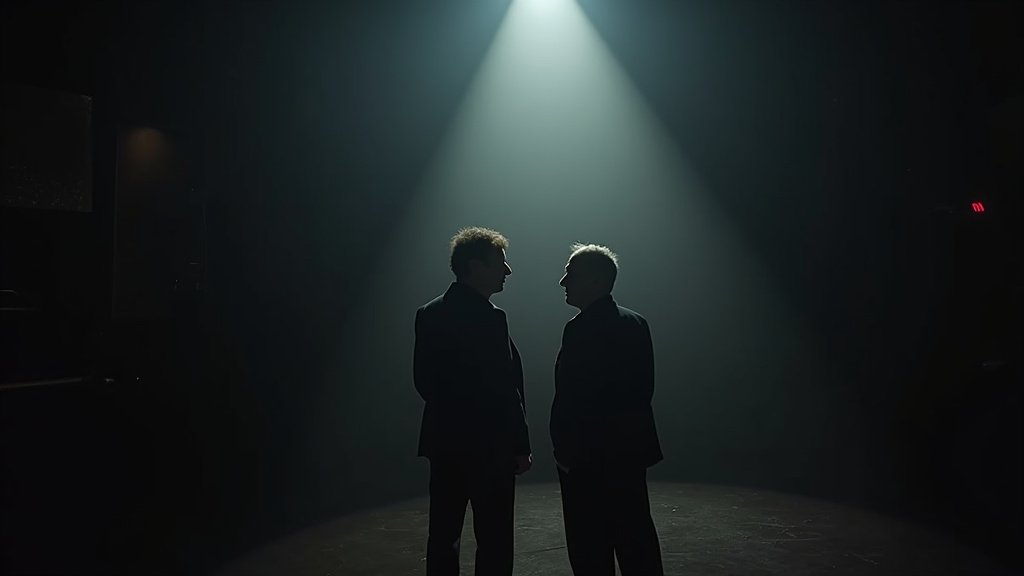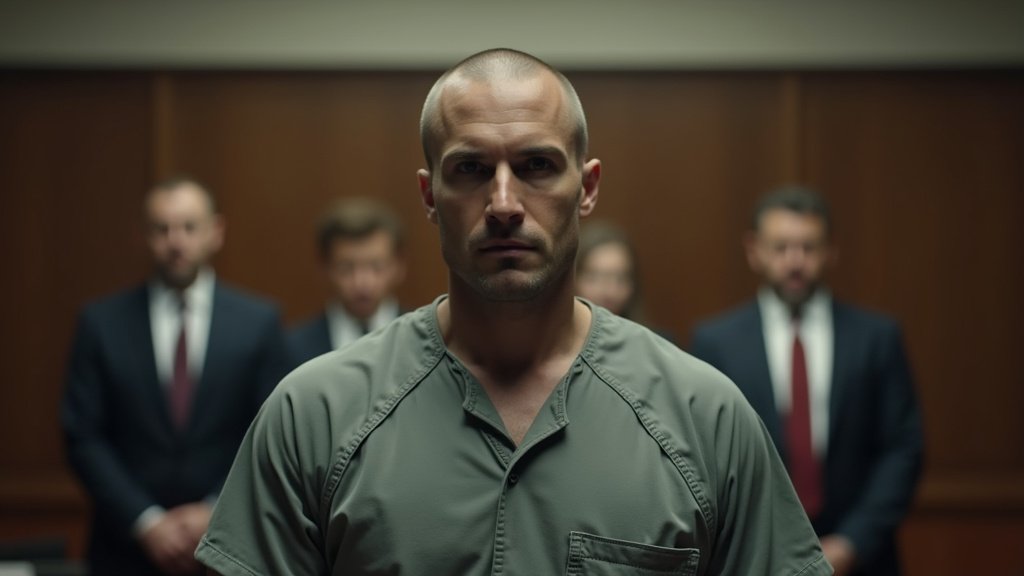In a decisive blow to the ongoing legal saga between rap titan Drake and Universal Music Group (UMG), Lucian Grainge, the CEO of the world’s largest music corporation, has publicly dismissed Drake’s lawsuit, labeling the allegations as “groundless and indeed ridiculous.” This statement marks a significant escalation in the dispute, which centers on claims that UMG deliberately promoted Kendrick Lamar’s incendiary diss track, “Not Like Us,” to the detriment of their own signed artist.
The Heart of the Allegations
Drake’s lawsuit paints a picture of betrayal, asserting that Universal Music Group engaged in a calculated strategy to amplify Kendrick Lamar’s “Not Like Us,” a track widely perceived as a direct attack on Drake. The legal filing suggests that the company, rather than protecting its substantial investment in Drake, actively contributed to a narrative that could potentially devalue his brand and music. This accusation has sent ripples through the music industry, sparking widespread debate about label responsibilities and the intense rivalries that often define the trending landscape of hip-hop.
“Not Like Us” became an instant cultural phenomenon upon its release, dominating discussions and charts, particularly during the height of the highly publicized lyrical battle between the two rap giants. Drake’s legal team alleges that UMG’s actions went beyond mere distribution, delving into strategic promotion that favored Lamar, despite Drake being a cornerstone of their roster.
CEO Grainge’s Firm Stance
Lucian Grainge, a figure of immense influence in global music, broke his silence on the matter, offering a stark rebuttal to Drake’s claims. His unequivocal condemnation of the lawsuit as “groundless and indeed ridiculous” underscores the label’s staunch denial of any wrongdoing. Grainge’s public remarks serve not only as a defense of UMG’s operational integrity but also as a powerful message to the entire industry that the company views these allegations as entirely without merit.
This high-profile statement from the Universal Music Group CEO is particularly noteworthy given the sensitivity surrounding artist-label relationships and the immense financial stakes involved in such legal battles. The public declaration from Grainge adds a new layer of intrigue to a conflict that has already captured the attention of fans and industry insiders alike, proving to be major news across entertainment.
Legal Maneuvers and Financial Figures
Further escalating the legal wrangling, Drake’s legal team recently attempted to compel Lucian Grainge to provide specific documents. Their aim was to unearth evidence supporting their claims of Grainge’s direct involvement in the controversial release and promotion of “Not Like Us.” This move highlights the deep-seated belief within Drake’s camp that senior UMG executives played a role in the alleged strategic promotion, rather than it being an isolated incident.
However, UMG has swiftly countered these demands, citing their profound and continuing financial commitment to Drake as irrefutable evidence against any alleged intent to devalue him. Central to their defense is the staggering $400 million contract signed with Drake in 2022. This monumental agreement, one of the largest in recent music industry history, represents Universal Music Group’s substantial investments in the artist and, by extension, their belief in his long-term value and commercial viability.
Grainge himself highlighted this contract as a direct refutation of Drake’s assertions. The sheer scale of this investment—a sum indicative of Drake’s superstar status in hollywood‘s music echelons—stands in stark contrast to the idea that the company would actively work to undermine an artist in whom they have placed such immense trust and capital. It adds a peculiar dynamic to the situation, with a sense of underlying hype building around the unfolding legal drama.
Industry Implications
The ongoing legal confrontation between Drake and Universal Music Group is more than just a dispute between an artist and his label; it’s a high-stakes test of the boundaries of contractual obligations, artist rights, and label influence in the digital age. As the legal proceedings unfold, the entertainment world will be watching closely to see how this precedent-setting case impacts future relationships between artists and the major music conglomerates that shape the industry landscape.





